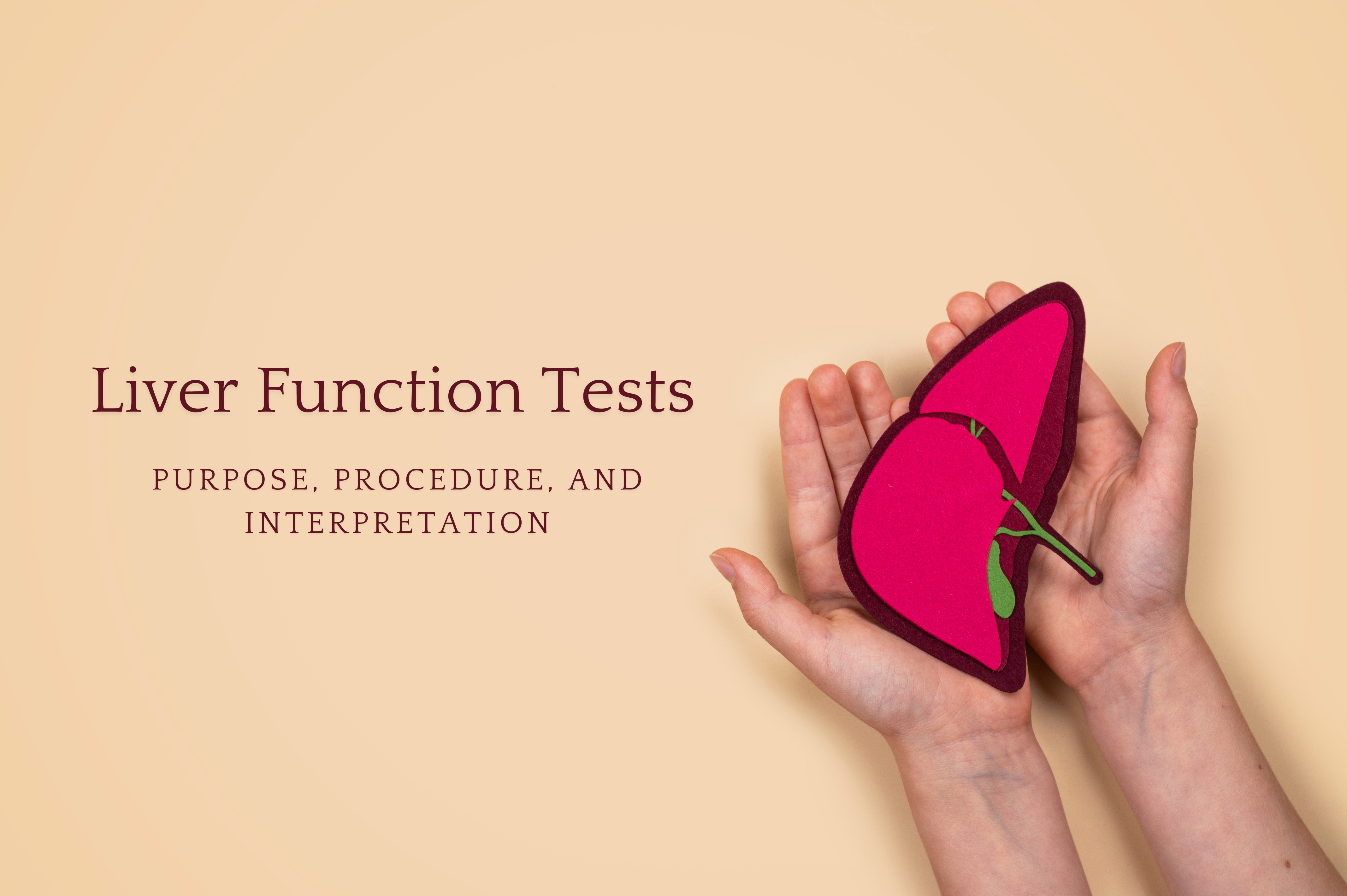Hey there! Have you ever wondered what’s going on inside your liver? It’s a pretty amazing organ, responsible for countless essential functions like detoxifying your blood, producing bile for digestion, and storing nutrients. But how do we make sure it’s doing its job properly? Enter liver function tests!
Liver function tests, or LFTs, are a group of blood tests for liver function that help your doctor check the health of your liver. Whether you’re dealing with symptoms like fatigue and jaundice or just want to keep tabs on your overall health, these tests provide crucial insights into how well your liver is working.
In this blog post, we’ll dive deep into the world of liver function tests. We’ll explore why they’re so important, how they’re performed, and what those results mean for you. We’ll cover what you need to know. So, let’s get started!
Liver function tests are a series of blood tests that measure specific enzymes and proteins in your blood. These tests give your healthcare provider a snapshot of your liver’s health and functionality. The main components of a liver profile blood test include:
What Are Liver Function Tests?
- Alanine transaminase (ALT): An enzyme found in the liver that helps convert proteins into energy. High levels can indicate liver damage.
- Aspartate transaminase (AST): Another enzyme that helps with amino acid metabolism. Elevated levels can suggest liver injury or disease.
- Alkaline phosphatase (ALP): An enzyme related to bile ducts; high levels can point to bile duct obstruction or liver disease.
- Albumin and total protein: These proteins are produced by the liver and are crucial for various bodily functions. Low levels can indicate liver dysfunction.
- Bilirubin: A byproduct of red blood cell breakdown, processed by the liver. High levels can cause jaundice and signal liver issues.
Why Are Liver Function Tests Important?
Liver function tests are essential because they help detect liver damage or disease early on, often before symptoms appear. Here’s why these tests are so valuable:
- Early Detection: Liver diseases, like hepatitis and cirrhosis, often don’t show symptoms until they’ve progressed. Regular LFTs can catch issues early.
- Monitoring Chronic Conditions: If you have a known liver condition, regular tests can help monitor the disease’s progression and the effectiveness of treatments.
- Evaluating Symptoms: Symptoms like jaundice, fatigue, and abdominal pain can be vague. LFTs help pinpoint whether the liver is the culprit.
- Medication Monitoring: Certain medications can affect liver function. Regular LFTs ensure these drugs aren’t causing harm.
The Procedure: What to Expect
Getting a liver profile blood test is straightforward and quick. Here’s what you can expect:
- Preparation: Generally, you don’t need to fast before a liver function test, but your doctor might have specific instructions based on your overall health and the purpose of the test. Always follow their advice.
- During the Test: A healthcare professional will draw blood from a vein in your arm. The process usually takes just a few minutes.
- After the Test: You might have a small bruise or feel slight discomfort at the puncture site, but this should go away quickly. You can usually resume normal activities immediately.
Interpreting the Results
Now comes the interesting part—understanding your test results. Here’s a breakdown of what different levels might mean:
- ALT and AST: Elevated levels of these enzymes typically indicate liver damage. They can be high due to conditions like hepatitis, cirrhosis, or liver inflammation.
- ALP: High ALP levels can suggest a blockage in the bile ducts, liver disease, or bone disorders.
- Albumin and Total Protein: Low levels of these proteins can indicate chronic liver disease or other medical conditions affecting protein production.
- Bilirubin: Elevated bilirubin can lead to jaundice and might signal liver disease or bile duct problems.
It’s important to note that abnormal results don’t always mean you have a severe liver condition. Many factors, including medications and other health issues, can affect your liver function tests. Your doctor will interpret the results in the context of your overall health and medical history.
Private Liver Function Test in London
If you’re considering a private liver function test in London, there are plenty of options available. Private testing can offer quicker results, more personalized care, and the convenience of flexible scheduling. Here’s what you need to know:
- Choosing a Provider: Look for reputable clinics with experienced healthcare professionals. Online reviews and recommendations can be helpful.
- Cost: Private liver function tests can be more expensive than those through public healthcare, but many find the benefits—like faster results—worth the cost.
- Convenience: Many private clinics offer same-day appointments and shorter wait times, making it easier to fit the test into your schedule.
- Comprehensive Care: Some clinics provide additional services like dietary advice and follow-up consultations to help you understand and act on your results.
Conclusion
Liver function tests are a vital tool for maintaining liver health. Whether you’re dealing with symptoms, monitoring a chronic condition, or just want to ensure your liver is functioning optimally, these tests provide valuable insights. Understanding the purpose, procedure, and interpretation of these tests empowers you to take control of your health.
If you’re in London and considering a private liver function test in London, you have access to high-quality healthcare options that can offer convenience and peace of mind. Remember, taking proactive steps with regular health checks can lead to early detection and more effective management of liver-related issues.
So, the next time you hear about liver function tests, you’ll know exactly what they are, why they matter, and how to navigate the process. Your liver will thank you for it! Feel free to reach out with any questions or share your experiences with liver function tests in the comments below. Stay healthy and take care!






